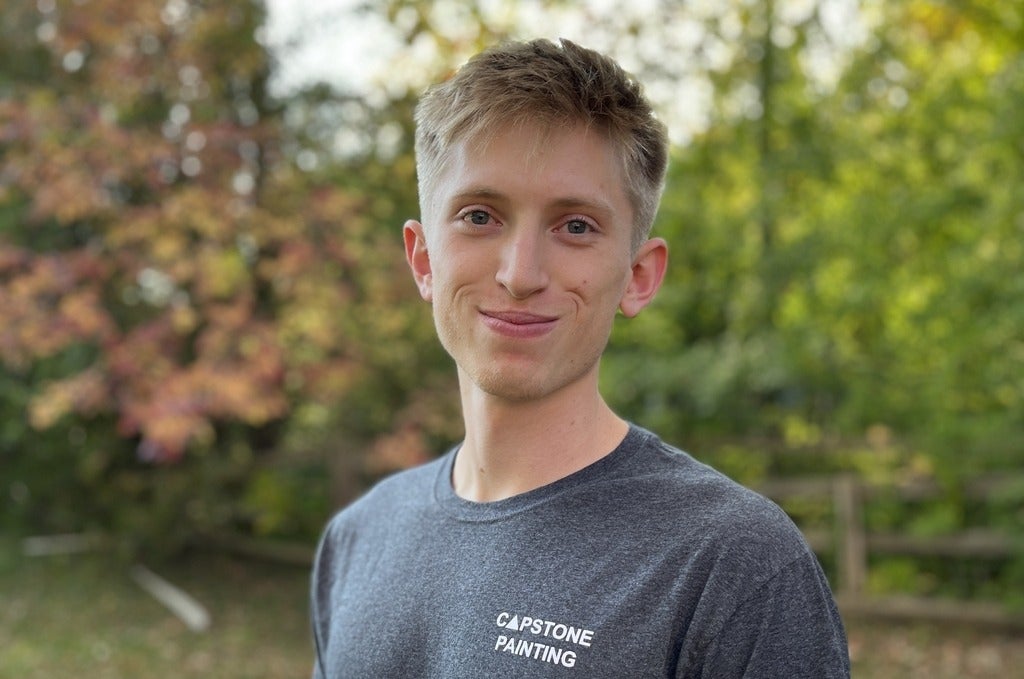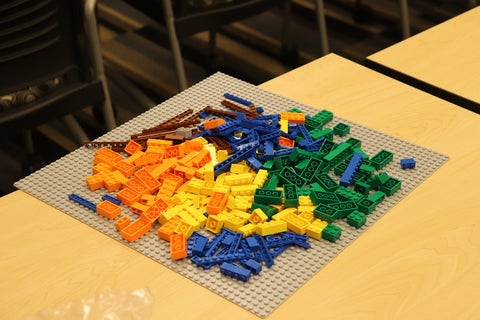We are one of the largest combined departments of civil, environmental, geological and architectural engineering in Canada and our community of innovative, engaged students, staff and faculty is more than 1,000 strong.
There’s a lot we’re proud of here, and whether you’re a future or current undergraduate student, interested in graduate studies or just curious about our department, we invite you to explore our programs, research and other information on this site to find out more.
Application Deadlines: Fall Feb 1st, Winter June 1st, Spring Oct 1st
Resources
News
Architectural Engineering student offers scholarship for skilled trades
Daniel Rust a fourth year Architectural Engineering student, is offering a $2000 Trades Scholarship to a student pursuing a career in the skilled trades sector. Rust, who is in his final few terms of his Architectural Engineering degree, also founded and operates Capstone Painting.
The Super 6: A 50-year bond formed in civil engineering
Fifty-four years ago six young men met as undergrads of the University of Waterloo civil engineering program and sparked a friendship that would go on to span their lifetimes. Bill Vogl, Ken Mackenzie, Don Whalen, Norm D’Andrea, Oleh Dubek and Mike Kellestine graduated with civil engineering degrees in 1974 and have nurtured a friendship that has spanned five decades.
Sustainable Cities Lego Activity
"Perspective", "Insightful", "Sustainable". These are just a few words echoing last week's impactful event.
Hosted by Professor Nadine Ibrahim as part of the Exploring University With You initiative, high school students were invited to campus for a taste of university life. The highlight? A dynamic lecture on "Sustainable Cities" through a LEGO® activity. 🏙️
Imaginations soared as students built their dream sustainable cities, creating a future of innovation and progress. From intricate models to thoughtful descriptions of sustainability features, each creation was a testament to creativity and community.
When asked to sum up their thoughts in just one word, the responses spoke volumes: "Creativity", "Sustainability", "Future", "Progression", "Interesting", "Community", "Innovative".
Here's to fostering the leaders of tomorrow and shaping a brighter, more sustainable future together!












